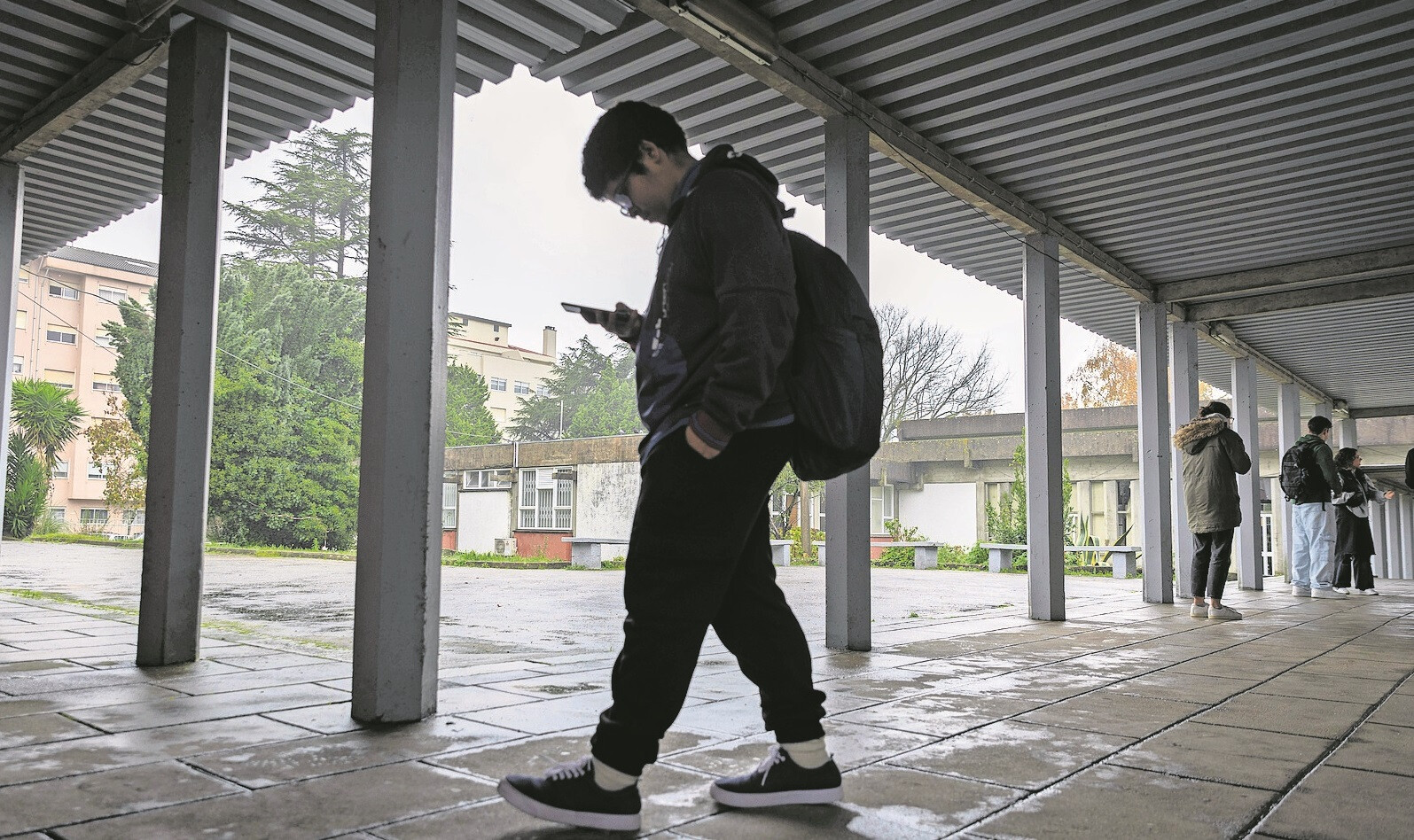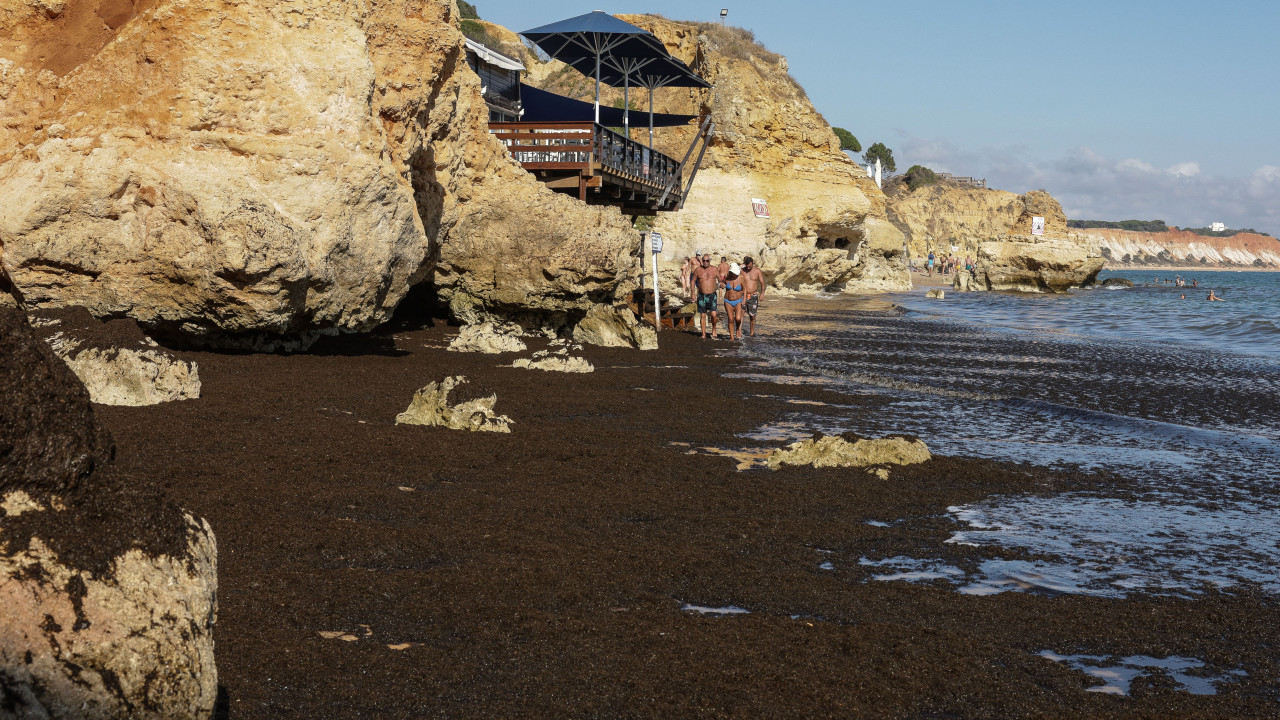Summary:
Terry Hayes reveals the impact of COVID-19 on his latest espionage novel, The Year of the Locust.
Lisbon transformed into a zombie-like setting during the pandemic, influencing Hayes' writing.
The novel introduces a mind-blowing twist that challenges traditional espionage narratives.
Hayes emphasizes the importance of a well-crafted villain to enhance the hero's journey.
The story is shaped by a cinematic approach, making moments unforgettable for readers.
Terry Hayes Unveils His Latest Spy Novel in Lisbon
The writer Terry Hayes shares the behind-the-scenes of his latest espionage novel, The Year of the Locust, while enjoying a sunny day reminiscent of his homeland, Australia. After achieving tremendous success with his first book, Pilgrim, and writing scripts for films like Mad Max, he moved to Lisbon in 2019 almost by chance. However, he did not anticipate that his life would undergo an unexpected change due to the pandemic.
A Story Shaped by Isolation
Separated from his family overnight due to lockdowns, Hayes found solace in his writing. The COVID-19 pandemic significantly influenced the narrative of The Year of the Locust, adding emotional depth to the characters, despite the central theme being the battle between a CIA agent and a terrorist villain.
The 668-page adventure follows the traditional espionage genre but introduces an unexpected foresight of how Islamic terrorism could reshape the world in a few decades if the West, particularly the CIA, fails in its mission. The initial two-thirds of the book depict an unending struggle between good and evil, filled with contemporary situations. However, in the final third, Hayes introduces a mind-blowing twist that catapults reality into an unusual conclusion for spy novels.
Lisbon as a Zombie Movie Set
Lisbon, during the pandemic, transformed into a zombie-like setting, with empty streets that made it feel apocalyptic. Hayes reflects on how the confinement period influenced his writing, giving his characters an unprecedented depth. He candidly admits that the isolation he experienced is impossible to deny in the book.
A Shift in Writing Perspective
Hayes acknowledges a significant change in his writing approach, stating that The Year of the Locust is not just another spy novel; it’s an epic adventure that could happen to us. He emphasizes that the espionage genre is becoming outdated and that he aims to challenge readers to envision a different future.
The Role of the Villain
The novel features a complex villain, Al-Tundra, whose cruel intelligence and troubled past compel him towards evil. Hayes believes that no story can surpass one with a well-crafted villain, as they push the hero to be better.
Cinematic Influence in Writing
Drawing from his screenwriting experience, Hayes aims to create memorable moments in his writing, similar to unforgettable scenes in films. He emphasizes that the impact of a story often lies in its details, which linger in the reader's memory.
 The Year of the Locust by Terry Hayes - TopSeller, 672 pages
The Year of the Locust by Terry Hayes - TopSeller, 672 pages
Conclusion
In summary, Terry Hayes' The Year of the Locust emerges as a profound reflection of a world grappling with isolation and the looming shadows of terrorism, all set against the backdrop of a transformed Lisbon. As Hayes continues to explore the complexities of his characters, readers are invited to contemplate the future of espionage in literature.









Comments